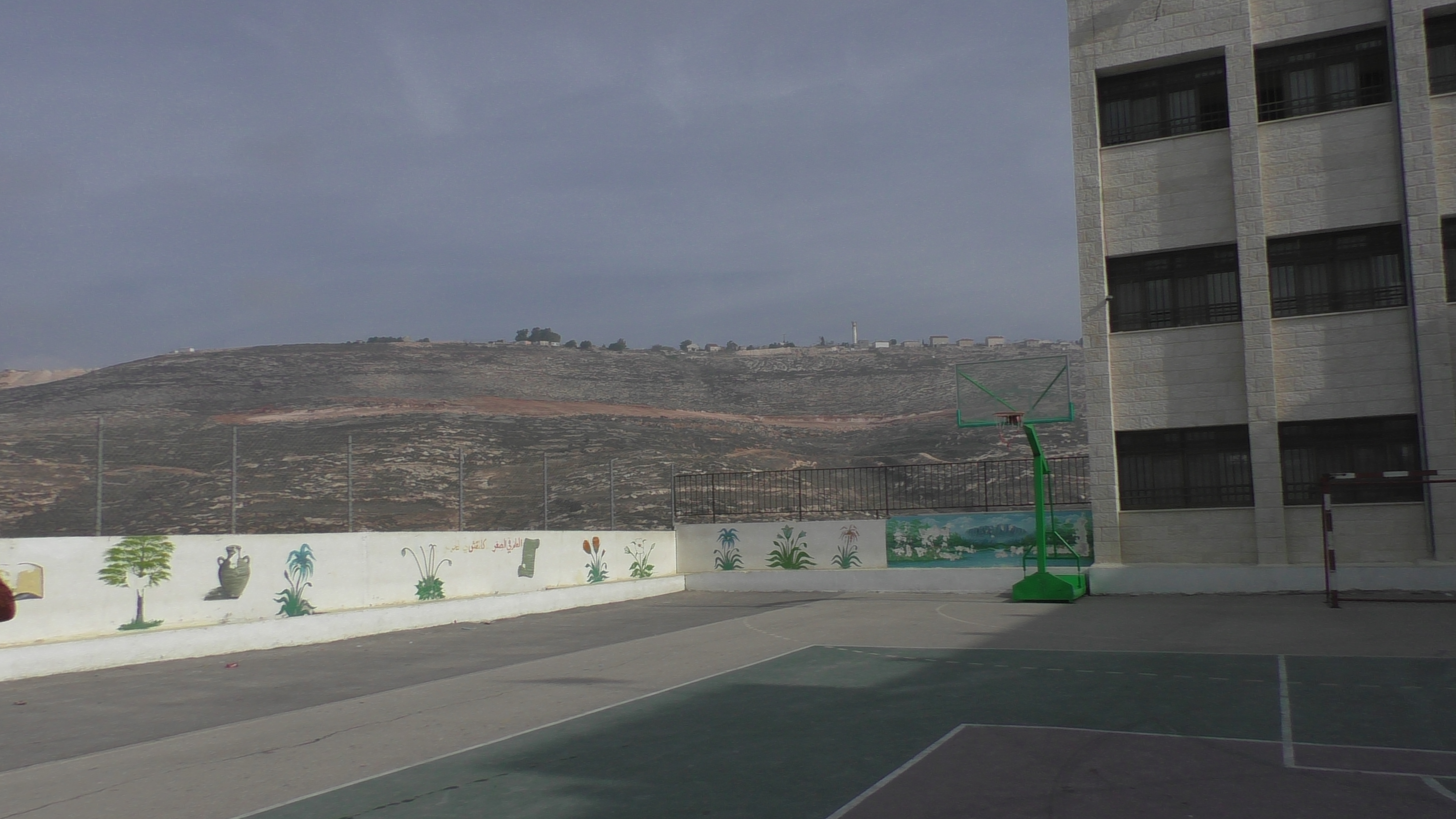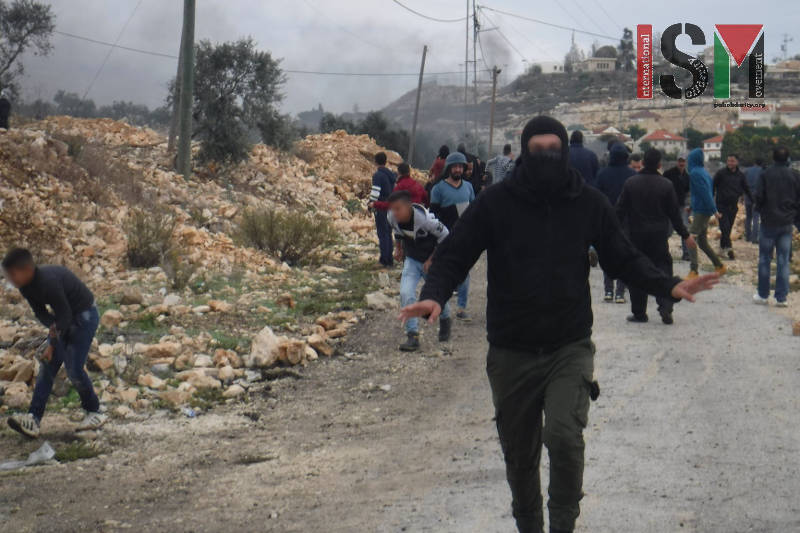Category: Reports
-
East Jerusalem Governor and 32 officials arrested over two days
26th November2018 | International Solidarity Movement, Ramallah team | Jerusalem, occupied Palestine Over the past two months Occupied East Jerusalem’s’ Governor Adnan Ghaith has been arrested three times. Each time he’s been released without charge. Once again, Yesterday morning, the Israeli border police arrested him. At the same time his offices in the Jerusalem Government…
-
Urif: the struggle to study
Urif, the 21th of November Urif is a small Palestinian village perched on the top of a hill, not far from Nablus. The view is beautiful and clear, overlooked by another scenic hill. A longtime resident tells us that before the 1980s, the locals used to go for walks and picnics in the area, but…
-
Two Palestinians and an International shot at non-violent Protest in Kafr Qaddum
November 23, 2018 | International Solidarity Movement | Kafr Qaddum, Occupied Palestine Fourteen years ago the Israeli Government closed the road between Kafr Qaddum and Nablus, extending the distance to 14 km, effectively making what would be a 15 minute journey for the villagers, into 40 minutes. The protests began in 2011 to reopen the…



